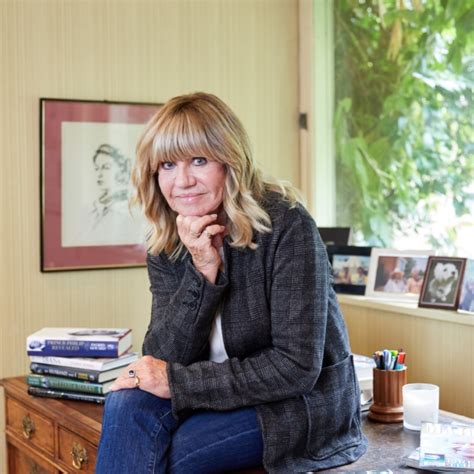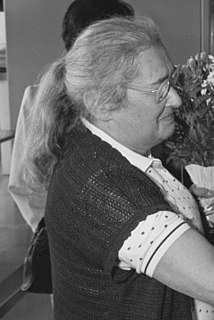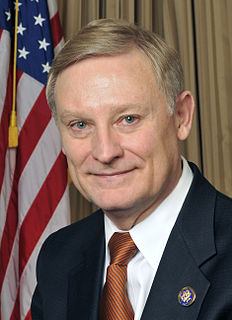A Quote by Bobbie Ann Mason
My father-in-law was a pilot. During World War II, he was shot down in a B-17 over Belgium. With the help of the French Resistance, he made his way through Occupied France and back to his base in England.
Related Quotes
in that small [time] most greatly lived this star of England: Fortune made his sword, By which the world's best garden he achiev'd And left it to his son imperial lord. Henry the Sixth, in infant bands crown'd King of France and England did this King succeed; Whose state so many of had the managing, That they lost France and made his England bleed.
When it comes to his sons, it would be easy to think that the macho Duke of Edinburgh has most in common with Prince Andrew. After all, it was Andrew, his third-born son, who risked his life in the Falklands war as a Royal Navy helicopter pilot - just as Philip had risked his own as a naval officer during World War II.
The experienced fighting pilot does not take unnecessary risks. His business in to shoot down enemy planes, not to get shot down. His trained hand and eye and judgment are as much a part of his armament as his machinegun, and a fiftyfifty chance is the worst he will take or should take except where the show is of the kind that . . . justifies the sacrifice of plane or pilot.
It's very important to understand that World War II is at the base of this new policy. From the 1890s on, the U.S. was always imperialistic. We went after the Philippines, and we did the same in Cuba, in Hawaii. We controlled South America. Woodrow Wilson was not what he was supposed to be. He was very much a white man first. "The world must be made safe for democracy." It really accelerates after World War II.
I'm unhappy with the President Trump. I don't like his behavior, and I'm a Republican, and I don't like his policies because they're almost the antithesis of the American character of generosity, of charity, of welcoming, of helping, of taking risks. You think of the lives that were expended in World War I and World War II to help others, and they say now we'll draw up the bridge and we'll protect ourselves. We won't have a broader role in humanity.




































